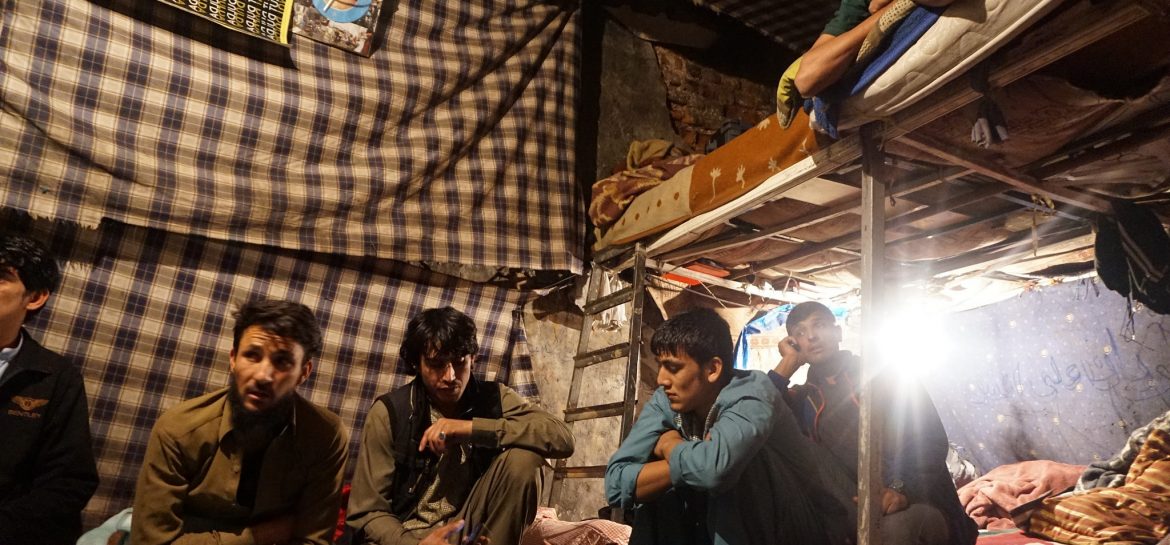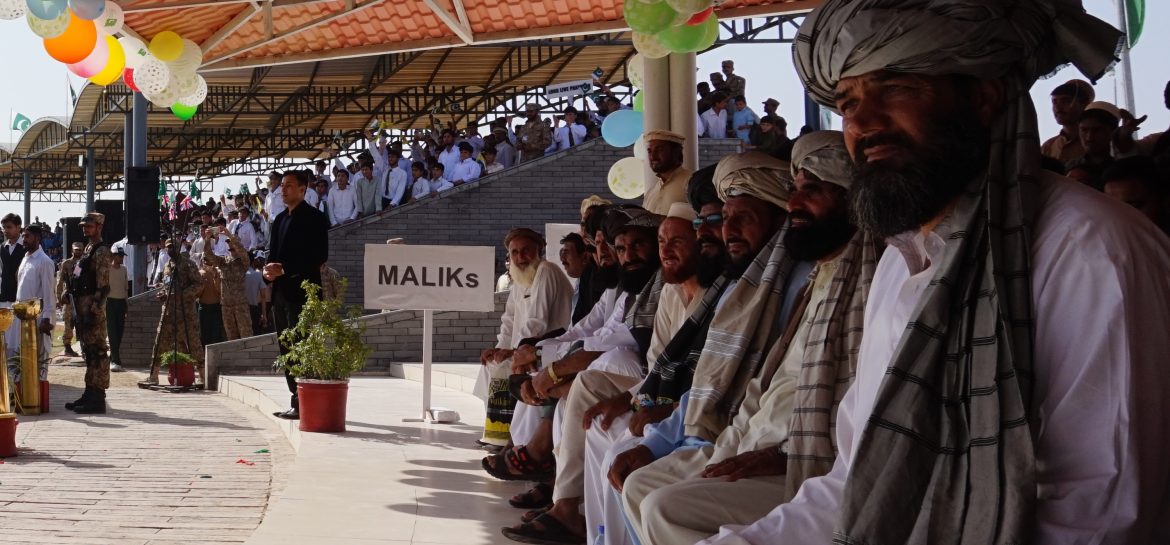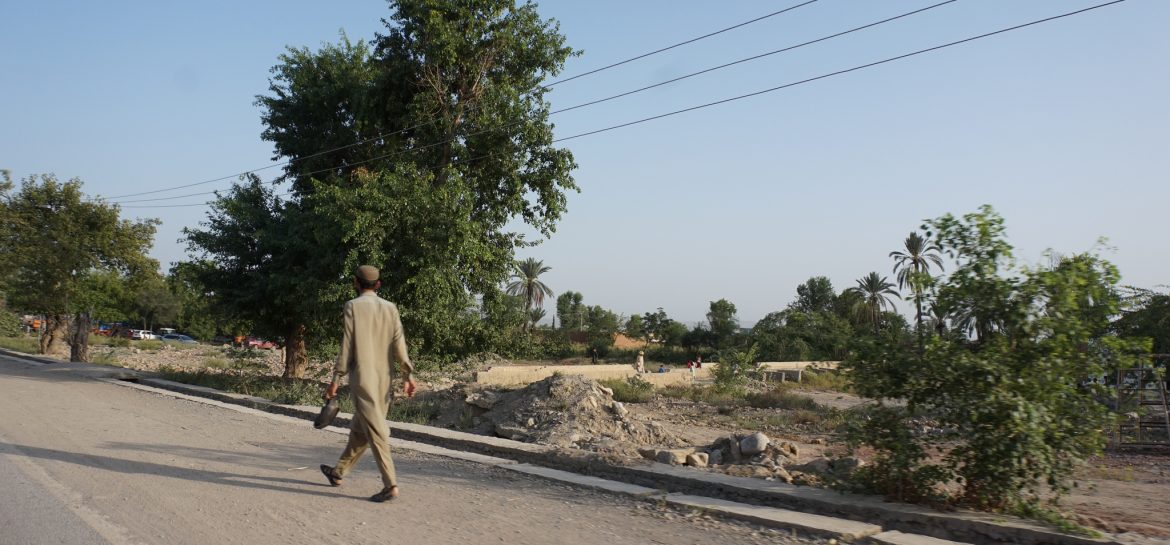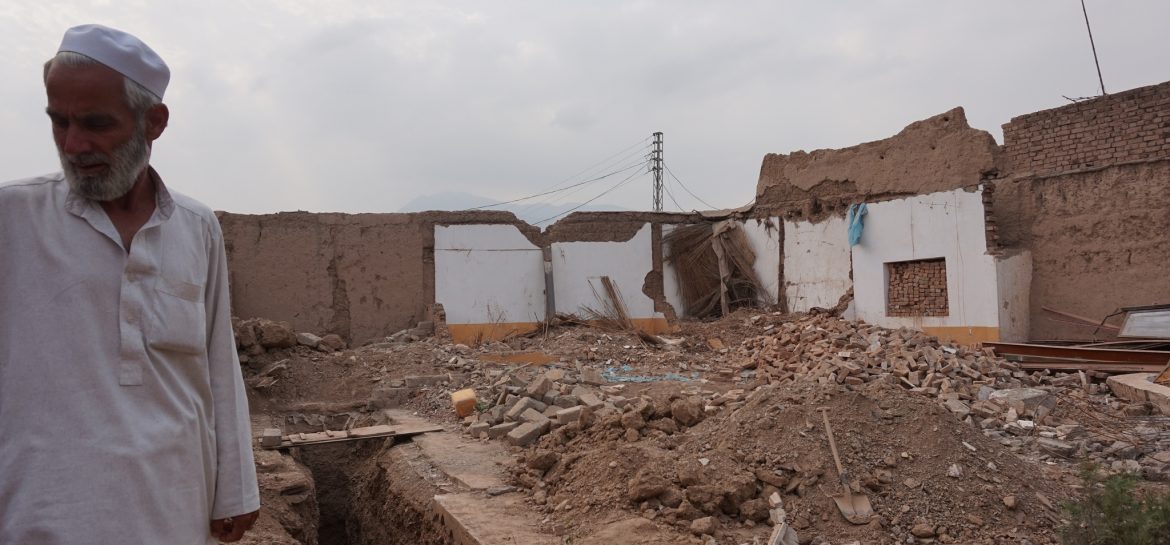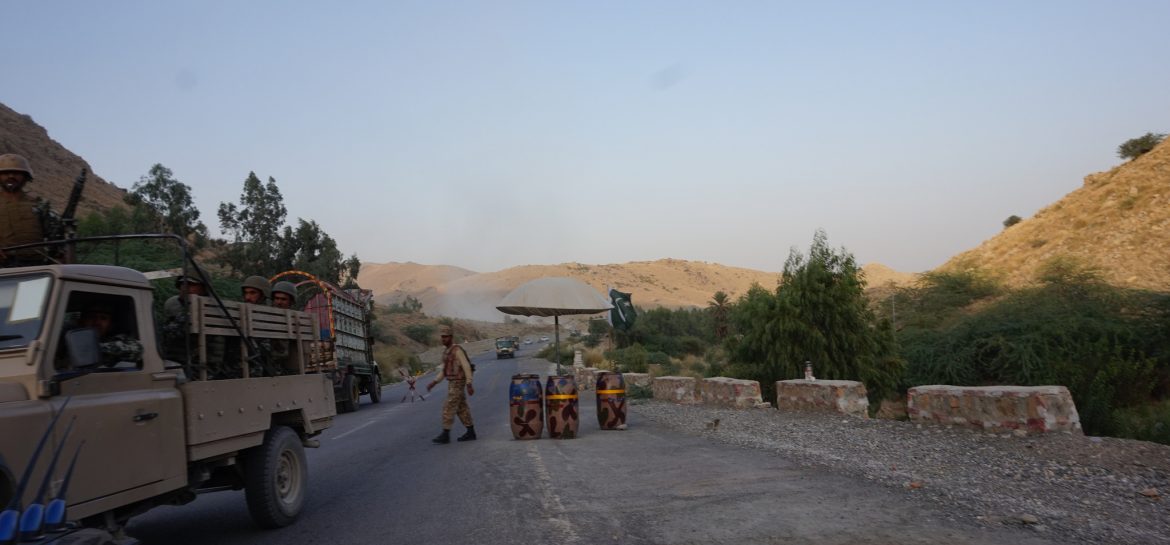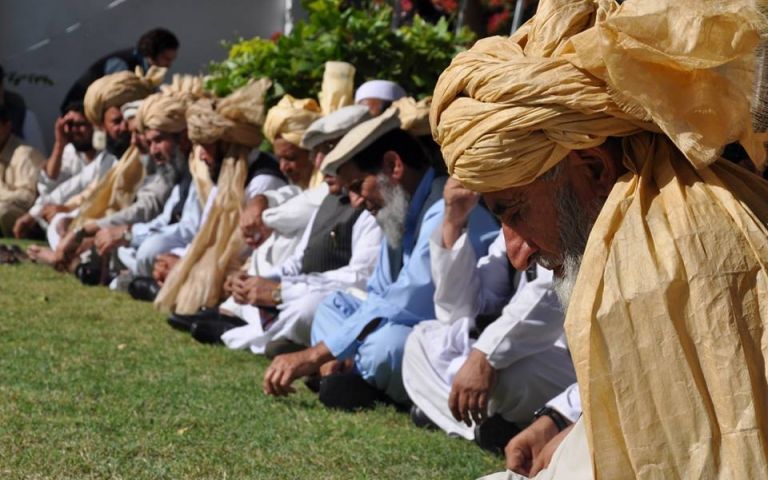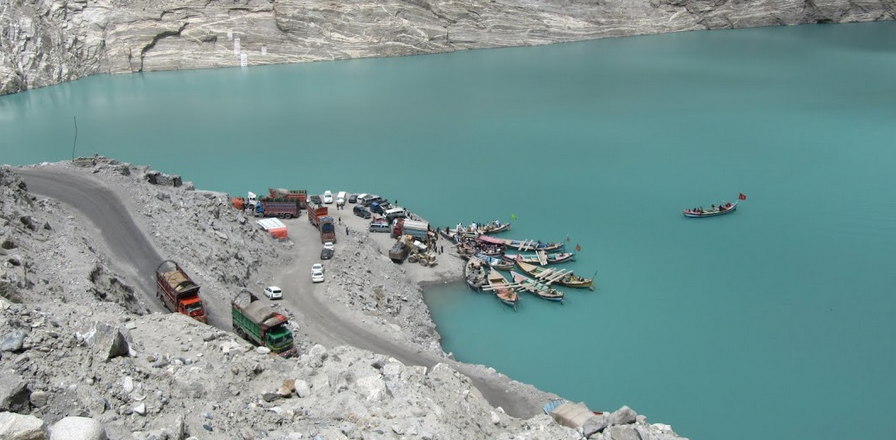ISLAMABAD/PESHAWAR, Pakistan (Reuters) – Faisal Khan, a 15-year-old Pakistani, beams for selfies with lawyers and police. Thousands hail him in the streets as a “holy warrior.” His claim to adulation? Allegedly gunning down in open court an American accused of blasphemy, a capital crime in this Islamic republic. Khan is charged with murder, which also carries a death sentence. But while lawyers line up to defend him, the attorney for Tahir Naseem, the U.S. citizen, has gone into hiding. The teen, according to officials and…Continue Reading “‘Holy warrior’ selfies: Pakistan teen feted for killing U.S. blasphemy suspect”
ISTANBUL (Reuters) – When musician Zoraiz Riaz set up a Facebook group to help coordinate convalescent plasma donations for people fighting COVID-19 in Pakistan, he expected perhaps a few hundred responses. Within a month, however, the “Corona Recovered Warriors” group had more than 320,000 members, needing a team of 33 volunteers to manage posts from families of patients across Pakistan seeking advice. “Around 85% are looking for plasma,” Riaz, 27, told Reuters from his home in the eastern Pakistani metropolis of Lahore, one of the…Continue Reading “Drugs, doctors and donors: Pakistanis turn to ‘Corona Warriors’ Facebook group”
April 29 (Reuters) – In normal times, Pakistanis hungry for entertainment during the fasting month of Ramadan would avidly watch television game shows as contestants, urged on by rowdy studio audiences, compete for lavish prizes. But this is not a normal time. Measures to prevent the spread of the coronavirus have meant there are no studio audiences, and contestants appear by video-link on some shows, while on others they phone in their answers, or send a text message. “But it is not as if we…Continue Reading “Coronavirus mutes Pakistan’s TV game shows over Ramadan”
For The Los Angeles Times: This year Rehmat was deported to a country he had never known. Weary of hiding from authorities after living in Turkey illegally for more than two years, he turned himself in to police and was shipped off to Afghanistan. When he landed at the airport in Kabul, a long-lost uncle greeted him. “We had never seen each other before, but he knew I was coming,” Rehmat said. “He was holding up a sign with my name on it.” Rehmat, 22,…Continue Reading “Even if born and raised in Pakistan, Afghan refugees are deported to Afghanistan, a land they’ve never known”
For The Nation: Miram Shah, North Waziristan—On a sweltering August afternoon in the Pakistani city of Bannu, Malik Ghulam takes a phone call from a relative in Afghanistan. Ghulam is one of the younger elders of the Madakhel, a clan of the Wazir tribe whose members have property on both sides of the Durand Line, the de facto Afghanistan-Pakistan border. The phone call leaves him worried: Someone is crossing the border from Afghanistan onto his tribal land and harvesting pine nuts, one of the few…Continue Reading “In Pakistan’s Tribal Areas, Collective Punishment Is the Law of the Land”
For The Los Angeles Times: Hassu Khel, Pakistan — For three years, he had lived outside his home province of North Waziristan, one of the most dangerous places in the world. One night in January, 22-year-old Zafarullah came home. Mounds of bricks were strewn where his family’s house had been. In the morning, when there was enough light to see, he carefully stepped over the rubble to avoid any improvised explosive devices, or IEDs, that might have been placed there by militants during their fight…Continue Reading “Pakistan gets a grip on a region known as a nexus of terror — but residents pay a price for peace”
For The Los Angeles Times: Jamrud, Pakistan — A frail Shah Khan Kukikhel was walking through the rubble of what used to be his brother’s home. The trouble, he recalled, had begun after his 19-year-old nephew began to leave the family compound for days at a time. “We got worried, we made him swear on the Koran that he was not involved in any militancy,” said Kukikhel. In June, government officials turned up with an ultimatum: Hand over the nephew, Sheheryar, for interrogation, or the…Continue Reading “‘What kind of justice is this?’ A cry from Pakistan’s remote tribal lands”
For Foreign Affairs: On June 28, Naghma, a 13-year-old girl living in Pakistan’s Federally Administered Tribal Areas, was taken by her uncle and five other relatives to an empty room in a house nearby and shot five times with an AK-47. She had apparently brought shame to the family by trying to run away with a young man from her neighborhood and one of his friends. Although her murder was but one of the thousands of “honor killings” that occur in Pakistan each year, it…Continue Reading “How War Altered Pakistan’s Tribal Areas”
For The Boston Review: JAMRUD, KHYBER AGENCY, FATA, PAKISTAN – Kabir Afridi gingerly makes his way through the bustling bazaar in Jamrud, past hawkers offering everything from cheap cell phones and fresh fruit to heroin and American military boots and flak jackets. Located in Pakistan’s Federally Administered Tribal Areas (FATA), along the highway between Peshawar and Kabul, the bazaar offers, among other things, items pilfered from the stream of trucks carrying supplies to American forces in Afghanistan. Few of the thieves are caught. And then…Continue Reading “A Rock and a Hard Place: The Neglect and Abuse of Pakistan’s Tribal Areas”
For The Christian Science Monitor: Gilgit, Pakistani-controlled Gilgit-Baltistan — Pakistan’s disputed Gilgit-Baltistan region, located above India’s Kashmir Valley and the site of a bitter war between India and Pakistan in the late 1990s, is today ground zero for a pending China pipeline to the Indian Ocean – a $46 billion project that represents Pakistan’s largest-ever foreign investment. It was also the site of elections earlier this month that saw Prime Minister Nawaz Sharif’s Pakistan Muslim League take a majority in the 24-seat assembly. Pakistan says…Continue Reading “Great game: Polls in Pakistani Kashmir smooth way for epic China pipeline”
